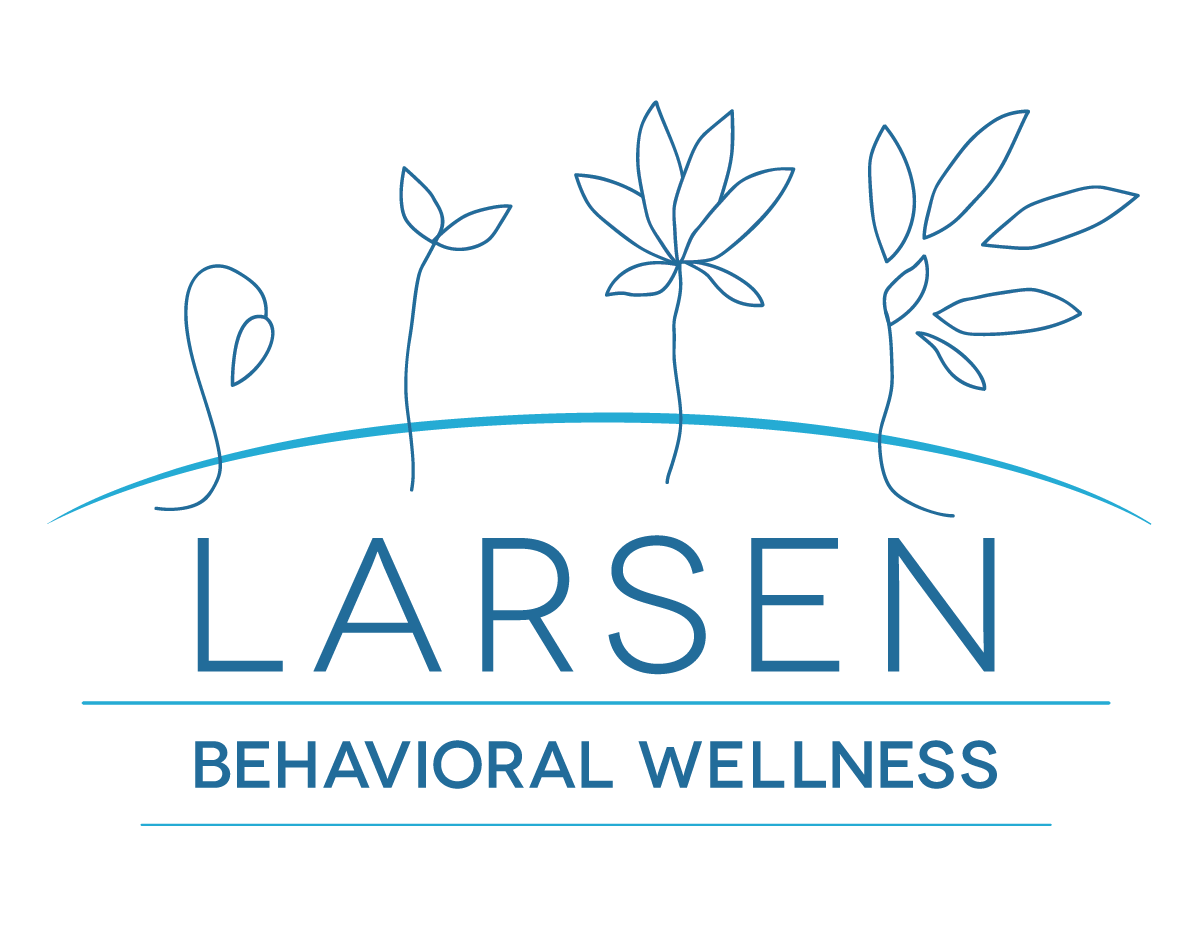How Does Anxiety Also Affect the Body?
Anxiety is an emotion, but it’s also a physical response within the body. The intensity of your anxiety affects how you experience it physiologically.
Keep in mind that anxiety disorders can happen at any stage of life. Statistically, women are more likely to have anxiety disorders than men, and they usually begin in the middle years. Although men face a different type of social stigma when it comes to experiencing distress or seeking help.
There are several kinds of anxiety disorders, including:
General Anxiety Disorder (GAD)
Social Anxiety Disorder
Post-Traumatic Stress Disorder (PTSD)
Obsessive-Compulsive Disorder (OCD)
Phobias
Panic Disorder
Each of these disorders can affect us differently, but let’s look at how anxiety manifests in the body.
Symptoms of Anxiety
Before we explore how anxiety affects the body, it’s helpful to know the symptoms of anxiety. Symptoms of anxiety include:
Avoidance
Feeling nervous
Restlessness or tension
Sense of impending danger or panic
Increased heart rate
Sweating
Trembling
Rapid breathing (hyperventilation)
Feeling tired
Trouble focusing
Difficulty sleeping
Trouble controlling intrusive thoughts
Gastrointestinal issues
How Does Anxiety Also Affect the Body?
Our minds affect our physiological responses. Whenever our fight-or-flight system reacts to stimuli around us, it triggers anxiety. This response affects our:
Central Nervous System (CNS)
Panic attacks or prolonged anxiety can affect your brain’s ability to release stress hormones regularly. This increases symptoms like headaches, dizziness, and even depression. Feeling anxious means your brain is flooding your nervous system with certain chemicals. It’s steeping it in hormones that are supposed to help you respond to threats and stay safe.
Two examples of these stress hormones are adrenaline and cortisol. In a high-stress situation, these hormones help you react accordingly. However, long-term exposure to these due to chronic anxiety can harm your physical health by causing effects like weight gain, sleep problems, and more.
Cardiovascular System
Symptoms within the cardiovascular system are sometimes the most tangible for us. Symptoms include:
Rapid heart rate
Palpitations
Chest disease
High blood pressure
Increased risk of heart disease
Risk of coronary events
Digestive System
Anxiety can affect your digestive system, too. You might experience stomachaches, nausea, diarrhea, and loss of appetite. Many studies have connected anxiety disorders with things like irritable bowel syndrome (IBS). It might also cause vomiting and constipation.
Immune System
The fight-or-flight response releases a flood of chemicals into your system. Your immune system can experience extended stress because of this. Because the body is preparing you to respond to an intense situation, your immune system can get a small boost of energy. If the stress is occasional, your body can return to normal after the stress passes.
However, repeated stress affects the immune system differently. Prolonged stress can cause your body to not get the signal to return to normal. This exhausts your immune system which can leave you vulnerable to sickness.
Respiratory System
Another very tangible effect of anxiety is how it affects your breathing. During an anxiety attack, your breathing becomes rapid and shallow. This can cause complications for people with pre-existing respiratory issues. These issues include Chronic Obstructive Pulmonary Disease (COPD) and asthma.
Seeking Help
Anxiety disorder inherently makes it difficult to seek help. It’s common to feel alone and scared. But if anxiety has a stranglehold on your life, there are ways you can get help for your condition.
If you need help to manage your anxiety, it’s strongly recommended that you see a professional therapist for anxiety treatment. They can help you address the root cause and create healthy coping mechanisms.
Ready to overcome anxiety? Together, we can manage your symptoms so you can live more peacefully. We can also discuss potential medications that can help you with your anxiety. Reach out today to learn more.

